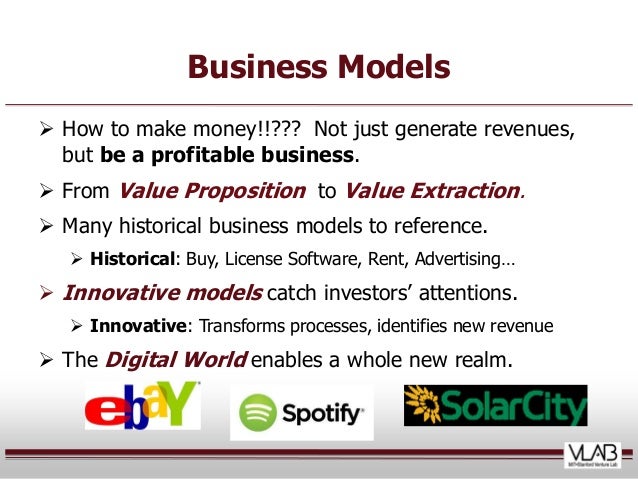Image source: http://www.asrvs.com/uploads/inventory_images/Used-2005-Fleetwood-Wilderness-Advantage-290FQSG-Travel-Trailer-with-Front-Bedroom-U4688-16498.jpg
A travel trailer, also referred to as a caravan, is basically a trailer that is towed behind a road vehicle. Its main purpose is to provide a place to rest and sleep that is more safe or protected and comfortable than a tent. Some people have taken to using a travel trailer as their lodging when they go on a holiday trip or on vacation. This way, they won't have to find a motel or hotel or camp out on the ground in the middle of nowhere; the savings and protection they'll have are assured.
In the United States of America, travel trailers first came about in the early 1920s. Travel trailer users were called Tin Can Tourists then. Eventually, travel trailers became known as house trailers and in the 1950s and 1960s, two separate industries, the recreational vehicle industry and the mobile home industry, were born and continue to thrive up to now.
You can find several companies that manufacture travel trailers, especially in North America and Europe where they are popular. There are different kinds of travel trailers; some come with very basic features and design, while others come with all the furnishings, including furniture and amenities, of a home. Moreover, some trailers use modest equipment, while some have modern to truly state-of-the-art trappings. With the wide array of options available, you can find a travel trailer that is perfect for your traveling needs, family size, and budget, among other considerations. A travel trailer these days can be classified as recreational vehicles, motorhomes, fifth wheel trailers, truck campers, and pop-up trailers.
Smaller travel trailers and pop-up trailers are primarily designed for touring purposes, so they are generally lightweight and easy to set up for continuous travel. Normally, they can be towed using a large car or a small truck, but some lighter trailers of this kind can be towed by a motorcycle. Larger travel trailers are designed to fit the needs of a full-time user - they function as a home. These trailers can be towed by a highway tractor, SUV, large truck, or a towing vehicle built especially for such purpose.
A modern travel trailer that is middle-ranged (weighing at around 5,000 pounds or 2,250 kilograms and measuring at 18 to 25 feet) usually offer the following features: gas or electric powered refrigerator; microwave cooker; gas or electric powered oven, stove, and grill; gas or electric powered heater; sofa or full beds; electricity by battery or external hookup; toilet, complete with flush-water tank and removable disposal tank; shower; radio; CD, DVD, and MP3 player; and TV with satellite or aerial dish. Other modern features include air conditioning units, tow-hitch stabilizers, screen rooms, external barbecue points, and separate wastewater tanks for wash water and sewage, among many others.

